F1 Round Up : FIA meeting, power unit balancing, and Alfa Romeo's new deal
The FIA commission meeting in Belgium, potential power unit equalisation, Toto Wolff's concerns, and Alfa Romeo's deal with Haas.
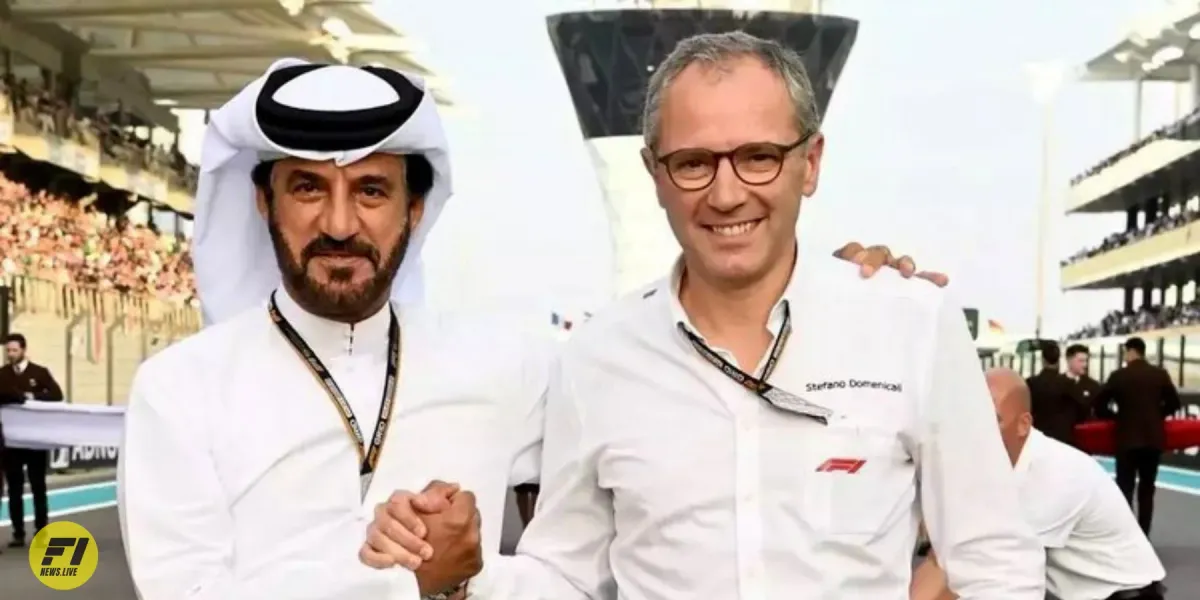
F1 Commission meeting outcomes
The F1 Commission met on the 28th of July at the Circuit de Spa-Francorchamps, ahead of the Belgian Grand Prix, to discuss critical concerns in the sport.
Nikolas Tombazis, FIA Single-Seater Director, and Stefano Domenicali, Formula 1 President and CEO, chaired the meeting.
Amidst a host of topics, the removal of tyre blankets for dry tyres from 2024 stood out.
The proposal fits into F1's broader goals of environmental sustainability and cost-effectiveness.
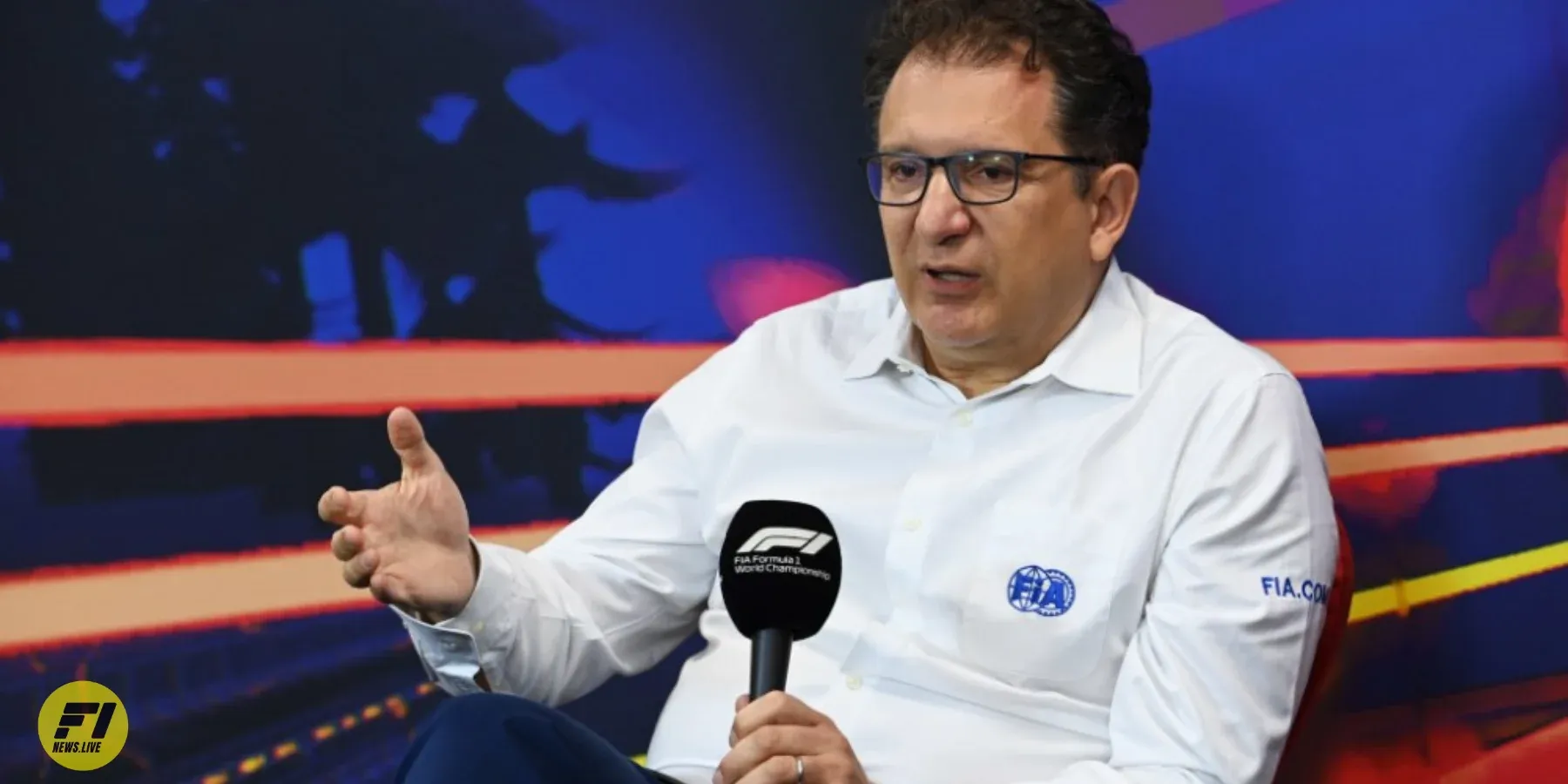
Pirelli's 2023 tyre testing campaign, focused on this initiative, indicated that a tyre blanket ban could indeed meet the target specifications.
However, the Commission decided to delay the ban until further discussions and testing in 2025.
Power Unit (PU) equalisation also featured prominently in the meeting. The FIA has identified a significant performance gap between competitors, prompting the commission to brainstorm solutions.
The Power Unit Manufacturers represented at the Commission, agreed to let the Power Unit Advisory Committee consider this issue and present proposals.

The FIA also shared an update on the 2026 car specifications. The project aims to reduce car size and weight significantly while enhancing energy management.
Wolff on engine equalisation
Mercedes boss, Toto Wolff, has voiced his concern about the ongoing discussion around F1's engine equalisation, warning that it could lead to a "catastrophe" if it resorts to a Balance of Performance approach.
FIA has suggested pegging back the top-performing units instead of aiding the underperforming ones, a move that Wolff believes would "bankrupt" F1's meritocracy.
Wolff stated that sport precedes entertainment, and success should be the result of hard work.
Wolff added that while underperforming engine suppliers are everyone's concern, adjustments need to happen in a meritocratic way.
He vehemently opposed touching fuel flow or Balance of Performance, calling it a "bankruptcy declaration for F1."
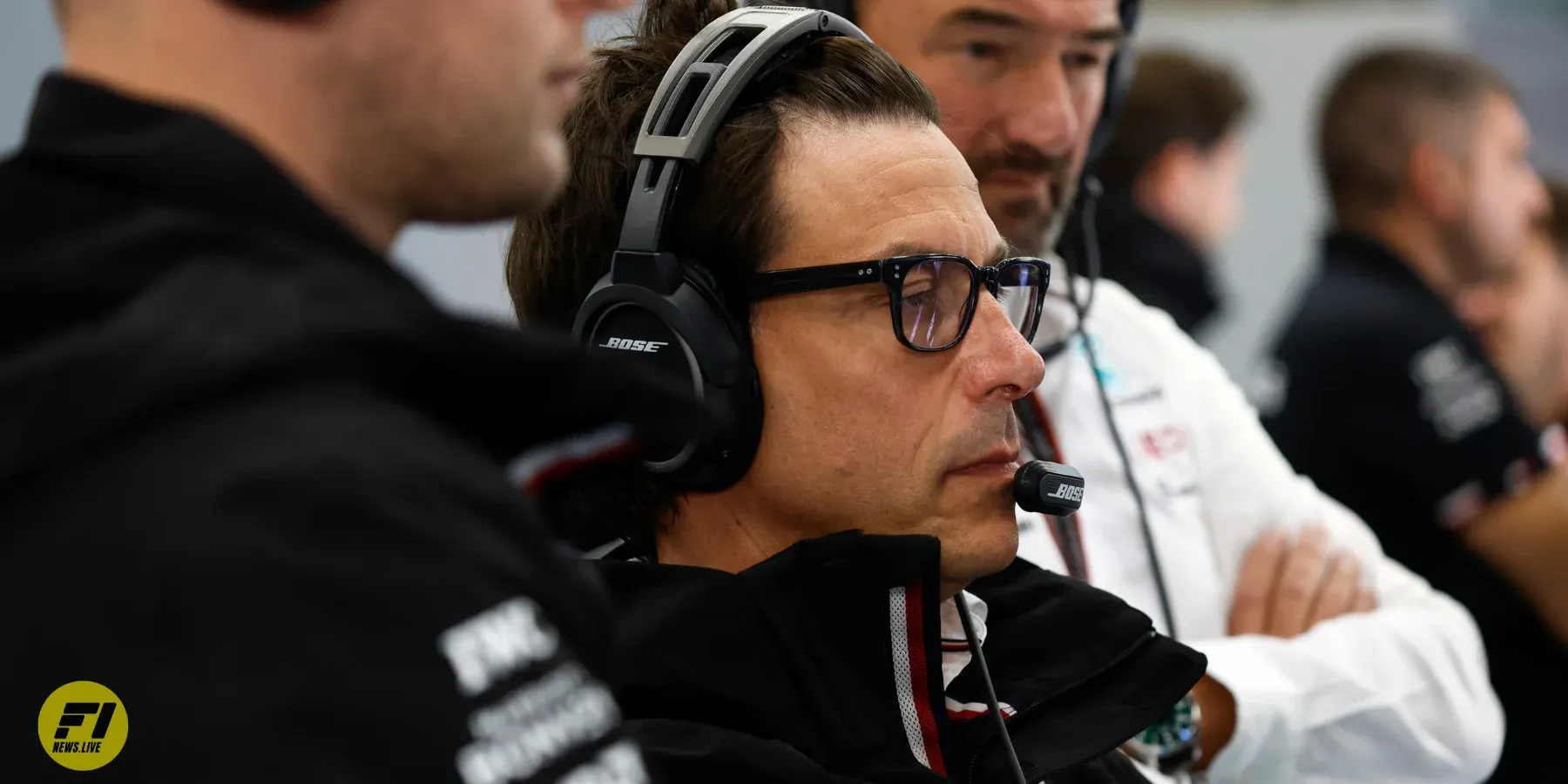
“Entertainment follows sport, and why the sport is so credible is because you have just got to work hard to be successful,” explained Wolff.
“If you're falling back as an engine supplier, and your engine isn't as performant as others, that's obviously everybody's problem. But at the same time, with a frozen engine, we don’t want to lose out on giving someone opportunities.
“But it needs to be done in a meritocratic way. And, for that, we have a rule in the 2026 power unit regulations that if one powerunit will drop out of 3% below the top power unit, then the teams would sit down in good faith and debate what could be done.
Alfa Romeo's continued presence in F1
After concluding its partnership with Sauber at the end of the 2023 season, Alfa Romeo announced that it would continue its F1 presence by rebranding the Ferrari power units of the Haas team from 2024.
Although unconfirmed, this news indicates Alfa Romeo's sustained commitment to F1.
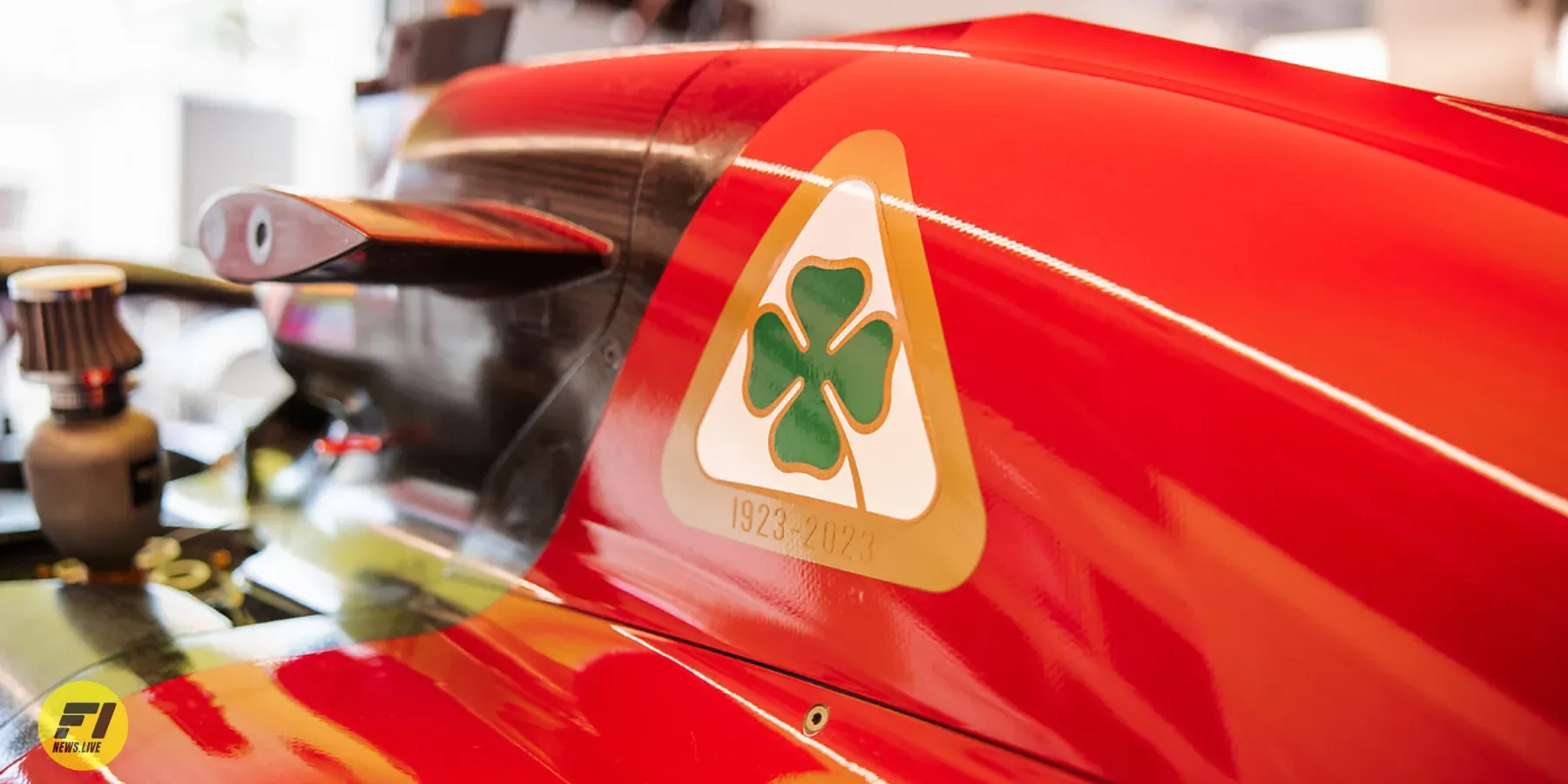
This renaming of power units isn't an unprecedented move. In 2016, Renault's power unit used by Red Bull was rebranded as Tag-Heuer.
Last season, Renault also stepped back, allowing Alpine to take its place for marketing reasons.


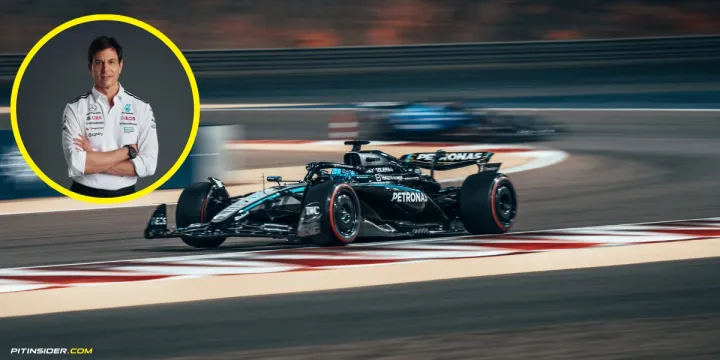
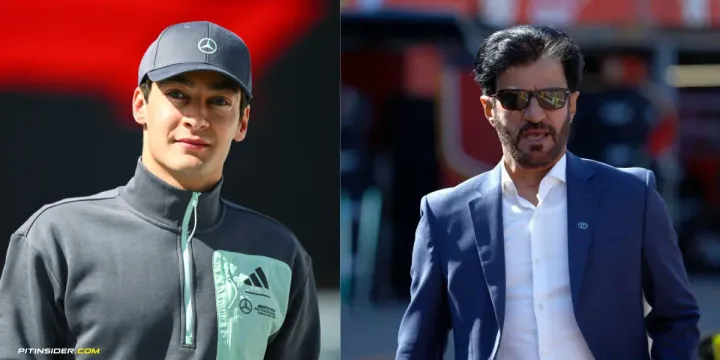

Comments ()